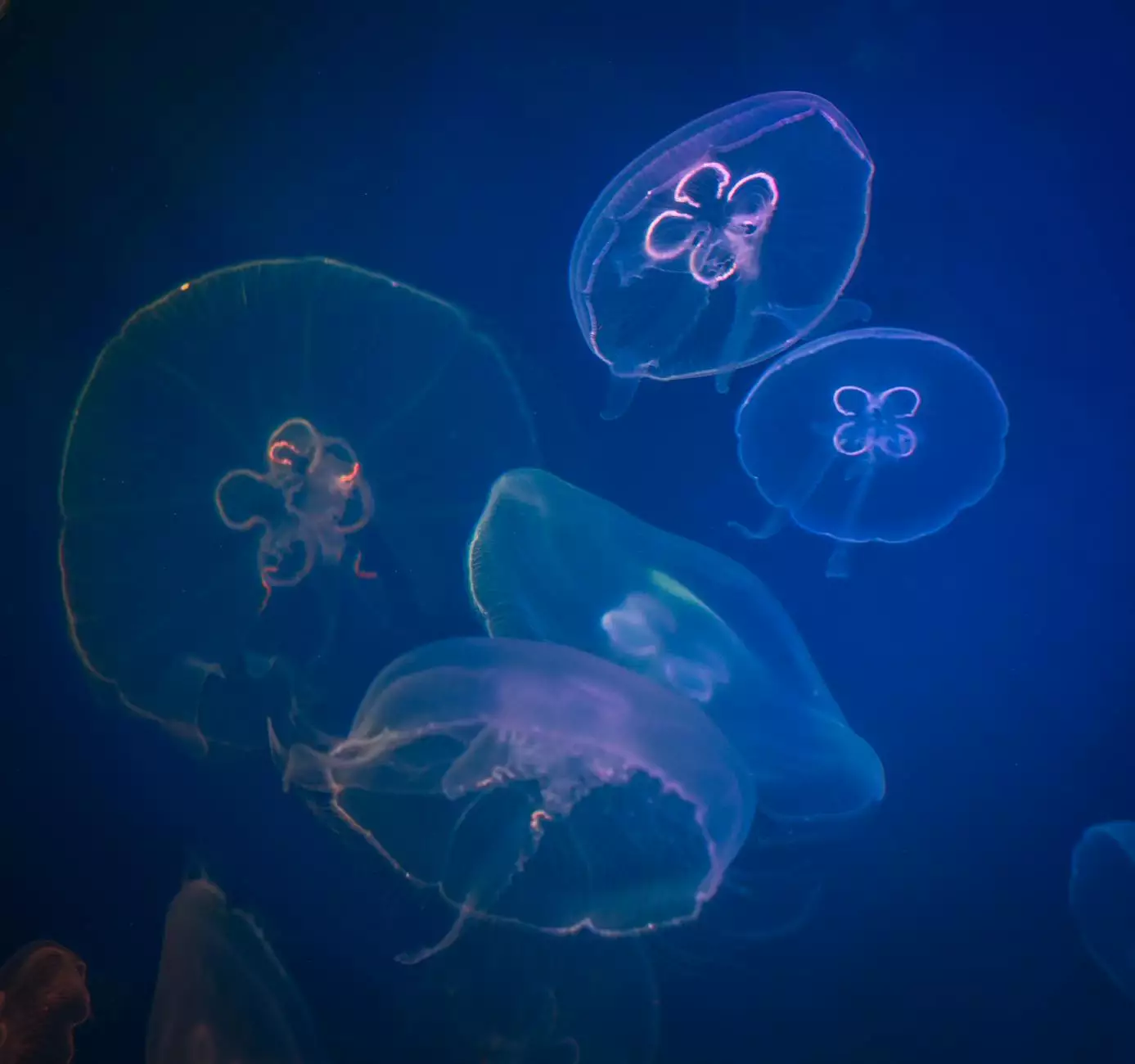Why Do Cats Hate Water?
Blog
The Mysterious Aversion: Cats and Water
Cats and water: it's a combination that often leads to hilarious YouTube videos and wet cat owners. But have you ever wondered why cats seem to despise getting wet? In this article, we delve into the fascinating world of feline behavior to uncover the reasons behind this peculiar aversion.
The Evolutionary Origins
To understand why cats hate water, we need to look at their evolutionary history. Cats are descendants of desert-dwelling ancestors who lived in arid environments. Unlike their canine counterparts, who have a natural affinity for water, cats never had a vital need to embrace it. Their bodies lack certain adaptations for swimming or efficiently dealing with wet fur, making water a foreign and uncomfortable element for them.
Additionally, cats are known for their meticulous grooming habits. Their fur acts as insulation, keeping them warm and protecting their skin. When wet, their fur loses its insulating properties, leaving them feeling cold and vulnerable. This vulnerability triggers their instinctive aversion to water, encouraging them to avoid it whenever possible.
Ancestral Survival Tactics
Let's travel back in time, to when wild cats roamed free. Water sources in the wild can be unpredictable and potentially dangerous, harboring predators and hidden threats. Cats, being the intuitive creatures they are, have learned to associate water with potential risks. Their aversion to water can be seen as a survival tactic, allowing them to stay safe and avoid potential dangers lurking beneath the surface.
Sensitivity to Sensations
Cats are highly sensitive creatures, especially when it comes to touch and texture. Their fur is a vital source of information, allowing them to navigate and interact with the world around them. When their fur gets wet, it changes the way they perceive their surroundings. The sensation of water on their fur can be uncomfortable and overwhelming, leading to stress and anxiety.
Preference for Control and Independence
Cats are notorious for their independent nature and desire for control. They prefer to be in charge of their own grooming regime and maintain meticulous cleanliness. Being submerged in water disrupts their sense of control over their personal hygiene, making them feel vulnerable and helpless. This loss of control is unsettling for cats, causing them to resist and avoid situations involving water.
The Importance of Positive Reinforcement
While many cats dislike water, it's essential to remember that every cat is unique. Some cats may have positive experiences with water, while others may be more resilient to it. If you're hoping to introduce your cat to water gradually or need to bathe them for specific reasons, it's crucial to use positive reinforcement techniques. Rewarding your feline friend with treats, praise, and gentle handling can help create a more positive association with water over time.
Conclusion
Cats' aversion to water is deeply rooted in their evolutionary history and instinctual behaviors. The combination of discomfort, vulnerability, survival tactics, sensory sensitivity, and the desire for control all contribute to their dislike for being wet. Understanding these underlying factors can help us empathize with our feline friends and find alternative ways to keep them clean and groomed without subjecting them to unwanted water experiences.
© 2022 Aperture Group - Business and Consumer Services - Consulting & Analytical services




